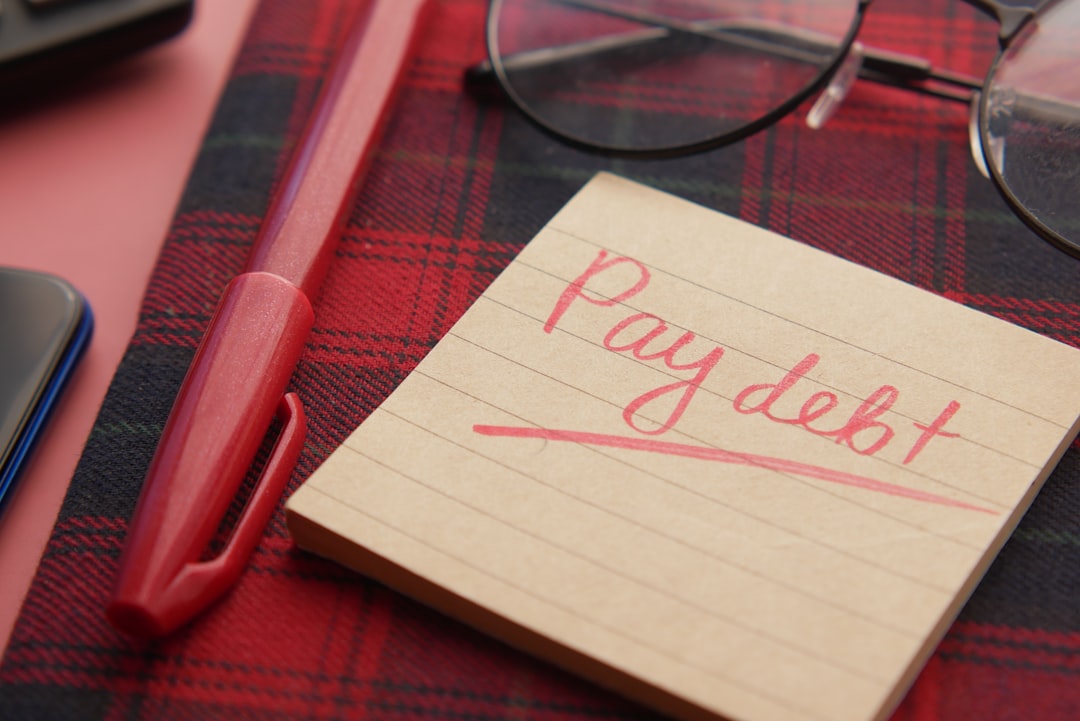Bad credit debt consolidation loans offer homeowners a way to manage multiple high-interest debts by combining them into one lower-interest loan secured against home equity, saving money and simplifying repayment. However, these loans carry significant risks, including the potential loss of your home in case of default. While they can improve financial health over time, it's crucial to weigh the benefits against other debt relief options that don't put your property at risk.
Homeowner consolidation loans offer a way to simplify multiple debts into one, secured by your home. If you struggle with high-interest rates across various creditors, this option could be appealing. However, before diving in, understand the pros and cons, especially considering bad credit debt consolidation loans’ implications. This article guides you through the process, benefits like reduced payments and improved credit scores, potential risks including equity loss, and helps make an informed decision regarding securing your home for a loan.
- Understanding Homeowner Consolidation Loans
- How Bad Credit Debt Consolidation Loans Work
- Benefits of Securing Your Home for a Loan
- Potential Drawbacks and Risks
- Making an Informed Decision: Weighing the Pros and Cons
Understanding Homeowner Consolidation Loans

Homeowner consolidation loans are a financial tool designed to simplify debt management for homeowners with multiple loans or high-interest debts. This type of loan allows borrowers to bundle various debts, such as mortgage, credit card, and personal loans, into a single, more manageable payment. The key advantage lies in potentially lowering interest rates and monthly payments by consolidating these debts onto a home equity loan or line of credit secured by the borrower’s property.
For individuals with bad credit or a low credit score, homeowner consolidation loans can be an attractive option for debt relief. Bad credit debt consolidation loans provide an opportunity to improve financial health by reducing the overall interest paid and streamlining repayment terms. However, it’s crucial to consider the potential drawbacks, such as putting your home at risk in case of default, as these loans are secured against the property.
How Bad Credit Debt Consolidation Loans Work

Bad Credit Debt Consolidation Loans work by combining multiple high-interest debts into a single, lower-interest loan secured against the homeowner’s equity. This allows individuals with poor credit to simplify their repayment schedule and potentially save money on interest payments. The process involves assessing the borrower’s financial situation, including the amount of existing debt and the value of their property. If approved, the loan funds are used to pay off the outstanding debts, leaving the homeowner with a single, more manageable payment.
The secured nature of these loans means that if the borrower fails to make payments, they risk losing their home. However, responsible use can lead to improved credit scores over time, as it demonstrates timely repayment and reduces the overall debt burden.
Benefits of Securing Your Home for a Loan

Securing your home as collateral for a loan, often referred to as homeowner consolidation loans, offers several advantages for individuals dealing with bad credit and high-interest debt. One of the primary benefits is the potential for significantly lower interest rates compared to traditional unsecured personal loans. This is because lenders view homes as valuable assets, allowing them to offer more competitive terms. As a result, borrowers can save money on interest over the life of the loan, which is especially beneficial for those with substantial debt.
Additionally, homeowner consolidation loans provide an opportunity for individuals with bad credit to improve their financial standing. By consolidating debts into one manageable payment tied to their home equity, borrowers can simplify their financial obligations and potentially qualify for better terms. This approach not only makes debt repayment more accessible but also demonstrates responsibility and progress in managing finances, which can positively impact future lending opportunities.
Potential Drawbacks and Risks

While home equity loans can provide significant financial relief by consolidating high-interest debt, such as credit cards and personal loans, there are potential drawbacks and risks to consider. One of the primary concerns is that these loans are secured against your home, which means if you fail to make payments, you could face foreclosure. This risk is heightened for individuals with bad credit who may struggle to secure favorable loan terms.
Additionally, Bad Credit Debt Consolidation Loans often come with variable interest rates, exposing borrowers to the possibility of rising monthly payments over time. The allure of a lower overall interest rate can be misleading if it results in a higher total cost due to fluctuating rates. Furthermore, these loans may have strict repayment timelines, requiring homeowners to adhere to rigid payment plans that could strain their budget.
Making an Informed Decision: Weighing the Pros and Cons

When considering a Homeowner Consolidation Loan, especially for bad credit debt consolidation loans, making an informed decision requires a careful evaluation of its pros and cons. On one hand, securing your home can offer a lower interest rate compared to other loan types, providing financial relief by combining multiple debts into a single payment. This simplicity can make managing your finances easier. Additionally, the equity built up in your home can serve as collateral, potentially making the loan more accessible despite poor credit.
However, there’s a significant downside. If you default on this loan, you risk losing your home. The process of borrowing against your property carries a higher level of risk compared to unsecured personal loans. Furthermore, it’s important to consider if consolidating debt is truly the best solution for your financial situation. Sometimes, simple budgeting adjustments or exploring alternative debt relief methods could achieve similar results without putting your home at stake.
Homeowner consolidation loans, especially those tailored for bad credit debt consolidation, offer a potential solution for managing multiple debts. Securing your home provides access to larger loan amounts and potentially lower interest rates. However, it’s crucial to weigh the benefits against the risks, such as the risk of foreclosure if repayments become difficult. By understanding both sides, you can make an informed decision that best suits your financial situation and helps you achieve debt consolidation goals while preserving your home’s equity.
